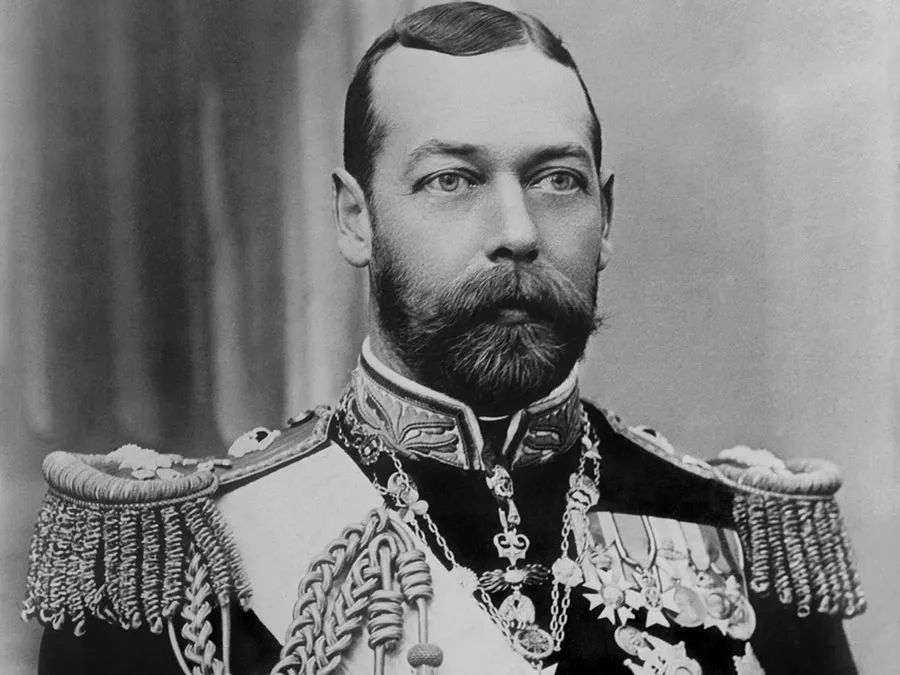On August 15, 2019, the House of Luxembourg celebrated a significant milestone as its head, Grand Duke Henri, turned 70. This remarkable achievement marks a remarkable journey of dedication and service to the nation. As the reigning monarch of Luxembourg, Grand Duke Henri has been a steadfast figure, embodying the values of his country and upholding its traditions.
Throughout his reign, Grand Duke Henri has been instrumental in promoting Luxembourg's interests and fostering international cooperation. His commitment to the welfare of his people has been unwavering, and his leadership has been marked by a deep sense of responsibility and compassion. As he enters this new chapter in his life, the people of Luxembourg and the world at large look forward to continuing to benefit from his wisdom and guidance.
what are some key milestones in the life of the head of the house of Windsor

- April 21, 1926: Born Princess Elizabeth Alexandra Mary in Mayfair, London, the first child of the future King George VI and Queen Elizabeth, later called the Queen Mother.
- Dec. 10, 1936: Elizabeth becomes heir-apparent to the throne after her uncle King Edward VIII abdicates and her father becomes king.
- Oct. 13, 1940: Elizabeth makes her first public speech at age 14 on the BBC Children’s Hour to reassure children who had been separated from their parents during the Blitz.
- Nov. 20, 1947: Elizabeth marries Prince Philip Mountbatten of Greece and Denmark at Westminster Abbey.
- Feb. 6, 1952: Elizabeth becomes queen upon the death of her father George VI.
- June 2, 1953: Crowned in a grand coronation ceremony at Westminster Abbey.
- Aug. 31, 1997: Princess Diana dies in a car crash in Paris, prompting an unprecedented television broadcast by Elizabeth in tribute to Diana’s memory.
- Sept. 8, 2022: Elizabeth II dies at the age of 96 after serving more than seven decades on the throne.
what significant events marked the reign of King George V

- Accession and Coronation: George V became king after his father Edward VII's death on May 6, 1910, and was crowned on June 22, 1911, at Westminster Abbey.
- First World War: The outbreak of the First World War in 1914 brought immense challenges to the king and his family. George V worked tirelessly throughout the war, visiting the Western Front and distributing decorations to soldiers.
- Constitutional Crisis: George V faced a constitutional crisis early in his reign due to the right of the House of Lords to veto legislation in the House of Commons. He made a secret agreement with the Liberal Party to create several Liberal peers, which ultimately proved unnecessary.
- Irish Home Rule: The issue of Irish Home Rule led to a Round Table Conference at Buckingham Palace in 1914 and later to the granting of Irish independence.
- Delhi Durbar: The King and Queen visited India in 1911 for the Delhi Durbar, where they were presented to an assembled audience of Indian dignitaries and princes as the Emperor and Empress of India.
- Name Change: In 1917, George V changed the name of the royal house from Saxe-Coburg and Gotha to Windsor due to anti-German sentiment during the war.
- Labour Government: George V appointed the first Labour ministry in 1924, marking a significant shift in British politics.
- Statute of Westminster: The 1931 Statute of Westminster recognized the Dominions as separate, independent states within the British Commonwealth of Nations.
- Silver Jubilee: The King's Silver Jubilee was celebrated in 1935, marked by an outpouring of popular affection and loyalty.
- Death and Succession: George V died on January 20, 1936, and was succeeded by his eldest son Edward VIII, who abdicated later that year, leading to the accession of George VI.
how did King George V's naval background influence his reign
- Practical Experience: George V's time in the Navy provided him with practical experience in leadership and management. This helped him navigate the complexities of royal duties and the challenges of World War I.
- Discipline and Duty: His naval training instilled in him a strong sense of discipline and duty. These values were reflected in his approach to the monarchy, where he prioritized his role as a symbol of national unity and stability.
- Practical Problem-Solving: George V's naval experience taught him to approach problems in a practical and straightforward manner. This skill helped him navigate the complexities of constitutional crises and international diplomacy.
- Understanding of the Military

No comments:
Post a Comment